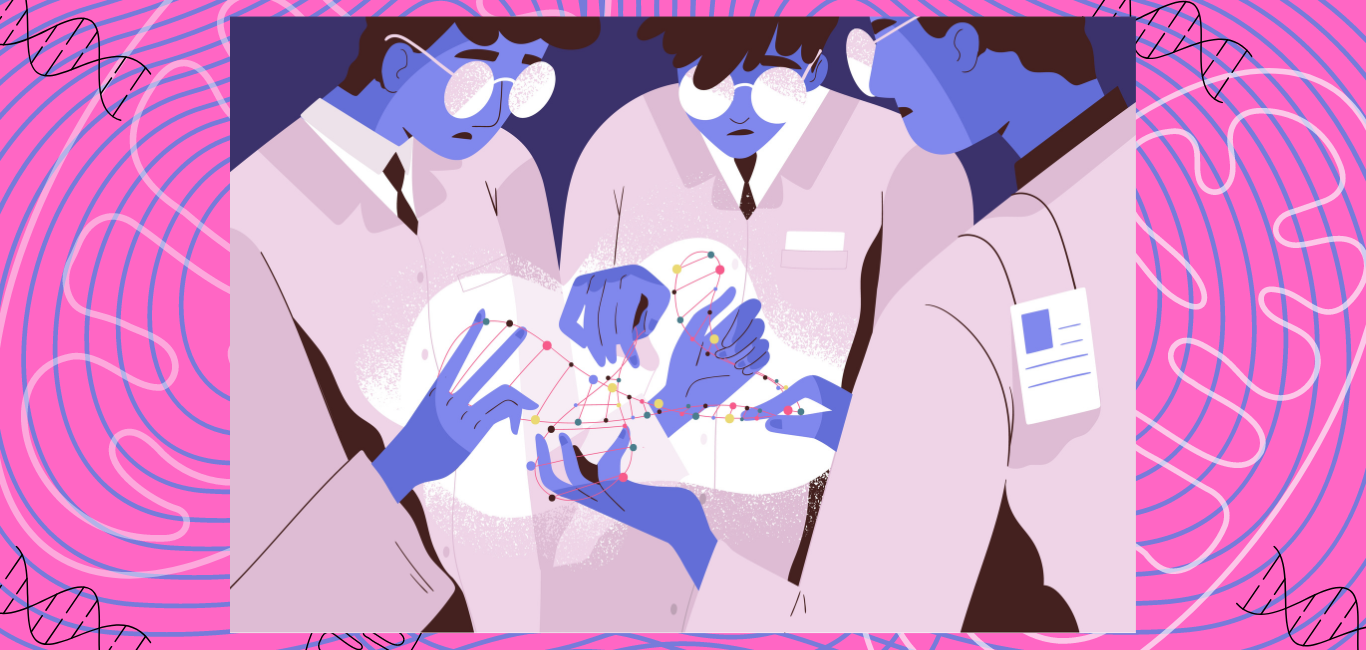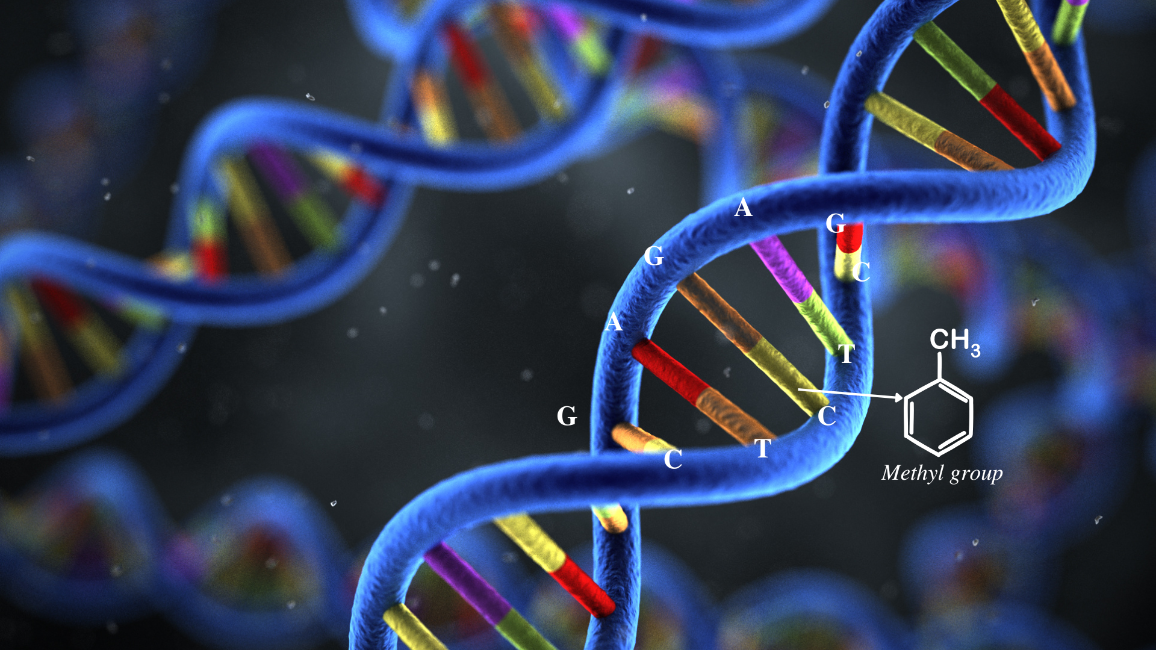
Cases of cognitive neurodegenerative conditions such as Alzheimer’s come with symptoms of memory loss and disorientation. For instance, Mohan (name changed on request) who spends his time at the Nightingale Medical Trust Alzheimer’s Caregiving Centre, Bengaluru during the day, believes he is in Kashmir. The 83-year-old’s condition, diagnosed four years ago, underscores how Alzheimer’s can distort memories.
The search for a cure is still on
Although Alzheimer’s was first identified in 1906, a cure for the condition is yet to be found. In the last two years a few medications underwent clinical trials. However, two of them that were approved for human trials were met with issues concerning potential side effects.
In addition to the challenge of finding a cure, diagnosing Alzheimer’s can be tricky, as symptoms manifest after it has progressed. Currently, diagnosis is multimodal, comprising cognitive assessments, MRI scans and looking for markers in the cerebrospinal fluid. Nevertheless, recent research has sought to develop better techniques that can detect the condition.
Read more: Alzheimer’s detection gets easier with a new blood test
APOE4 and why you should know about it
In 1995, scientists discovered the role of the APOE (apolipoprotein E) gene in forming the amyloid and tau clumps in the brain associated with Alzheimer’s disease.
APOE, which produces the protein apolipoprotein E, exists in multiple forms, with the APOE4 variant being a major risk factor for developing Alzheimer’s.
Recently, Hollywood actor Chris Hemsworth, who plays the role of ‘Thor’ in the popular Marvel movies, revealed he was genetically predisposed to Alzheimer’s due to the APOE4 gene.
It is well established that the leading cause of Alzheimer’s is the unhealthy accumulation of tau protein threads and amyloid protein clumps in the cell and synapses (communication points between the neurons), leading to cell death.
Read more: Connecting the dots: Biomarkers could be key to understanding Alzheimer’s
A recent study published in the journal Science has revealed that some parts of the brain were more prone to neurodegeneration because of APOE4 expression in those regions. “Our recent work shows that areas in the brain where the tau threads are found are where APOE4 expression is. Especially, the temporal lobe is vulnerable to this kind of effect,” says Dr Brian Gordon from Washington University, St. Louis, an author of the study.
APOE plays a critical role in transporting cholesterol through body cells. In the brain, however, the APOE4 variant facilitates the formation of sticky tau and amyloid clumps. For long, researchers have been looking into manipulating APOE4’s role in the cholesterol pathway to find a cure for Alzheimer’s.
However, it saw very little success, says Dr John Hardy, University College of London, one of the initial researchers to work on APOE’s association with Alzheimer’s.
“We do know that APOE plays a role in cholesterol metabolism, and work in anti-cholesterol drugs has not yet seen any beneficial effect,” he says, adding that no progress ensued even in the following two decades.
SHMOOSE the new muse
In September 2022, a breakthrough discovery from the University of Southern California gave researchers a new angle to study Alzheimer’s: a mutation in a small protein, SHMOOSE, which was linked to a higher risk of developing Alzheimer’s compared to APOE4. The SHMOOSE microprotein affects the mitochondrial function and how it relays energy in the central nervous system. The mitochondria are a cell’s energy factory and have genetic material.
Read about the discovery here: Researchers say ‘SHMOOSE’ microprotein linked with high risk of Alzheimer’s
The research team hypothesised that mutations in the mitochondria’s genes could lead to neurological conditions.
Using advanced screening techniques, the team analysed the brain structure, genes in the brain tissue and cerebrospinal fluid taken from people with Alzheimer’s. They found that the mutation in the SHMOOSE microprotein affected the mitochondrial function, causing neurological conditions like Alzheimer’s.
Brendan Miller, the first author of the study, told Happiest Health, “We found one mitochondrial variation that is associated with those three related phenotypes [i.e., Alzheimer’s, brain’s structure and brain expression].”
Encouragingly, experiments in rats showed that the condition could be reversed when a normal SHMOOSE protein was introduced into their brains. This opens a new line of investigation for Alzheimer’s research.
“We see the potential that if there are hundreds, thousands of these micro proteins, then maybe some of those can be engineered as a way to address human disease,” says Dr Miller. He believes that in the next five to ten years, SHMOOSE can be rapidly tested as a potential therapeutic.

















